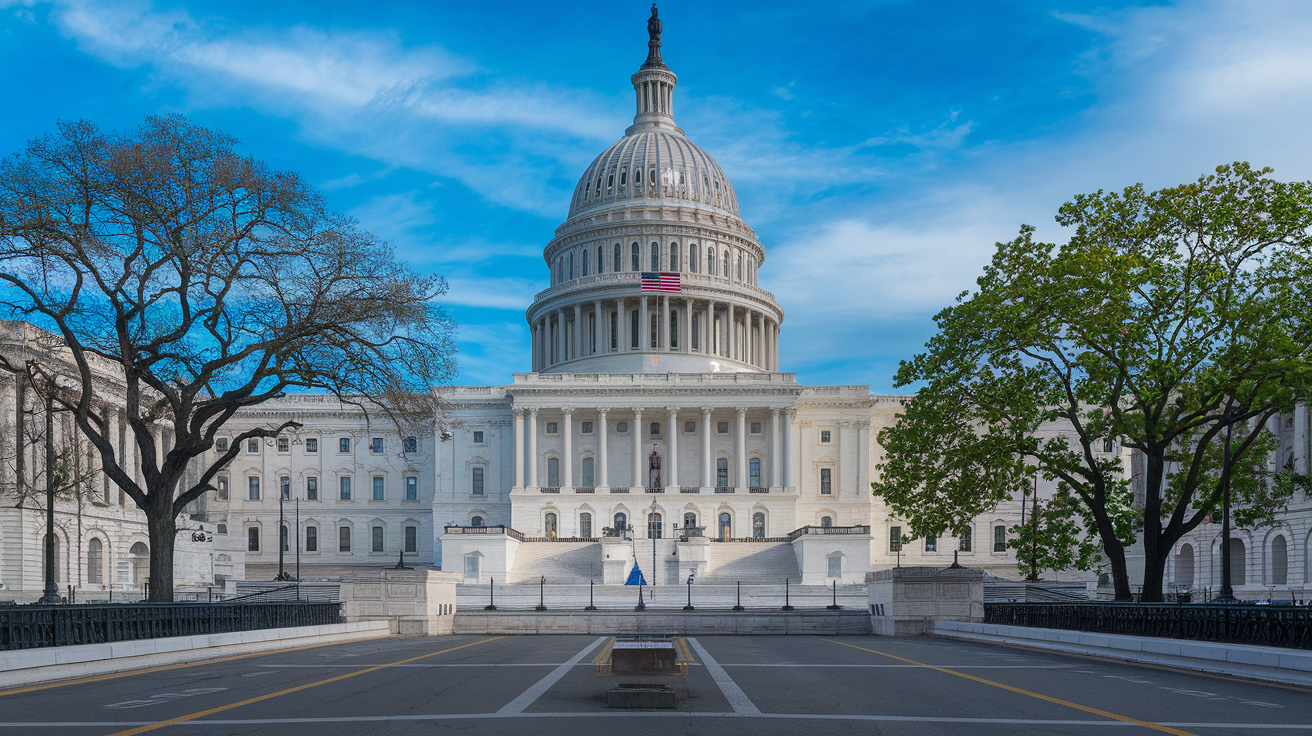

A newly proposed bill is set to make it a federal crime to download DeepSeek, a controversial software tool. The legislation, if passed, would impose severe penalties of up to 20 years in prison for offenders. The bill aims to address growing concerns over the misuse of advanced technology and its potential implications on privacy and security.
DeepSeek is a sophisticated software tool known for its powerful data extraction and deep web searching capabilities. While it is hailed for its advanced functionality, critics argue that its features can be exploited for illicit activities, prompting concerns among policymakers and cybersecurity experts.
The introduction of this bill highlights the ongoing debate around the ethical use of AI and automation technologies. Experts in the field express contrasting views on the balance between innovation and regulation, underscoring the need for responsible development and deployment of AI tools.
Industry leaders in automation and artificial intelligence have expressed concern over the potential impact of such stringent regulations on technological advancement. Legal experts, meanwhile, are weighing in on the potential challenges in enforcing the proposed penalties, as well as the broader implications for digital rights and privacy.
The bill is expected to undergo further scrutiny and debate as it moves through the legislative process. Stakeholders from various sectors, including technology, law, and civil rights, are likely to engage in discussions aiming to refine and possibly amend the legislation to address diverse concerns.
```